What is TEL-SIG?Tertiary Libraries special interest group of LIANZA exists to promote the interests of librarians and libraries associated with tertiary education. We aim to foster discussion and information sharing, encourage co-operation and collaboration, and provide professional development opportunities. TELSIG Journal Discussion Groups meet on a monthly basis to discuss articles relevant to tertiary institutions. Each article is connected to a LIANZA Body of Knowledge (BoK). |
- Manukau: meets on the third Wednesday of the month at the Manukau Institute of Technology Library at 5.30 pm.
- Auckland CBD: meets on the third Tuesday of the month at 6 pm at Galbraiths.
- Wellington: meets on the last Monday of the month at 5.30 pm at Avida.
- Virtual group: meets on the last Thursday of the month at 5 pm.
We also have a TELSIG Journal Discussion Group Facebook forum.
(You do not have to be a registered librarian to participate in a TELSIG Journal Discussion Group).
General BoK Discussion Group: focus is on articles relevant to tertiary institutions. Each article is connected to a LIANZA Body of Knowledge (BoK).
- To subscribe to the TELSIG list serve, send a message to [email protected]
Put Subscribe TELSIG in the subject field of your message. - General BoK Discussion Group: focus is on articles relevant to tertiary institutions. Each article is connected to a LIANZA Body of Knowledge (BoK).
- TELSIG JDG Facebook page
- TEL-SIG Public Facebook Page
Call for Interest
But before we look at the article, I’d like to seek your interest to help organising the articles and questions for 2020. Please feel free to forward this to anyone who might be interested to join the group.
We are planning to reduce the article’s frequency from monthly to bimonthly and select one article for each BOK Cluster each time. This is not an arduous task, if we all take a turn! And you can include it as an activity in your revalidation journal.
You can find LIANZA BoKs from the link below:
https://lianza.org.nz/professional-development/professional-registration/bodies-of-knowledge-bok/
We will take a short break for December and start fresh from 2020. I am happy to take BoK Cluster 1 for February if no one else is keen. Please contact me by end of November if you can take one of the other BoK Clusters for the group.
Tena koe!
Ivy Guo
Journal Article for November's Discussion
Here is the article for November (BOK Clusters: Cluster 2: Understanding information needs, generation and access OR Cluster 6: Understanding Māori knowledge paradigms)
To follow is the reference and link to the article about this first indigenous NZ evaluation framework.
Journal Article
Feekery, A., & Jeffrey, C. (2019). A uniquely Aotearoa informed approach to evaluating information: Using the Rauru Whakarare Evaluation Framework. Set, 2, 3-10.
doi:https://doi.org/10.18296/set.0138
Here are the descriptors that have been written for use for teaching and learning the framework:
https://informationliteracyspaces.files.wordpress.com/2019/10/rauru-whakarare-framework-and-descriptors_final.pdf
Discussion Questions
- How would you present the framework to teachers/tutors/academics at tertiary institutions we work at?
- What teaching strategies would you consider using with classes and students?
- What other resource evaluation tools have you used? Do you see any direct correlations or differences?
- How would traditional knowledge fare being evaluated under this framework?
- In her blogpost, Angela Feekery mentions bringing “research and practice together” by encouraging students to engage with other sources beyond academic journal articles. Do you see any value or difficulties with this?
Contact
Angela Feekery, researcher and co-author of this article is keen to be contacted by librarians who have experience with teaching with the framework. Please do contact Angela to share your experiences this year or in 2020: [email protected]

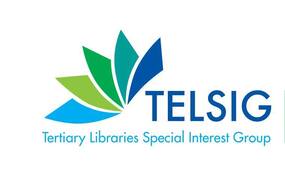
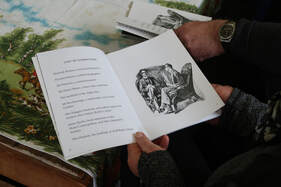
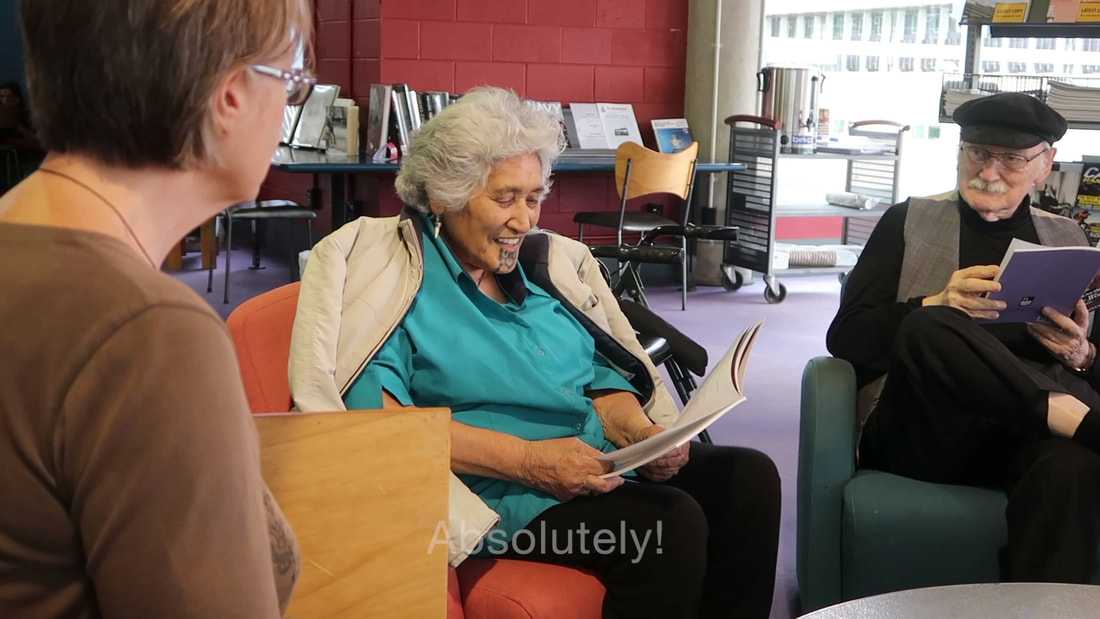
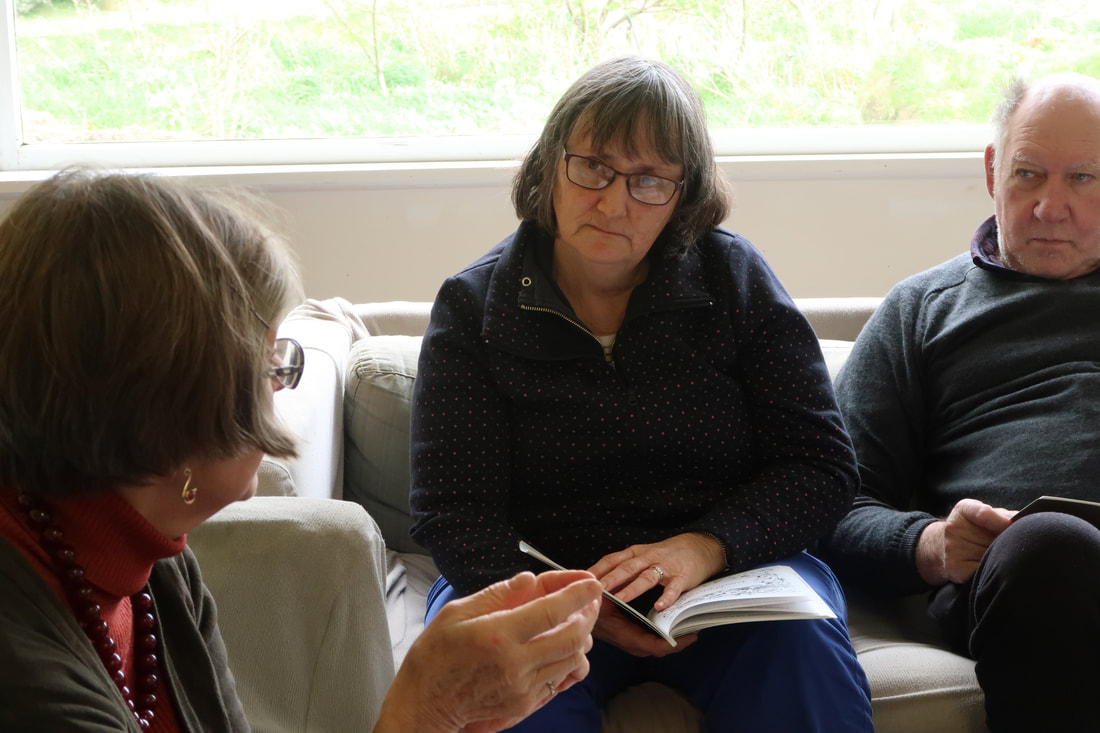
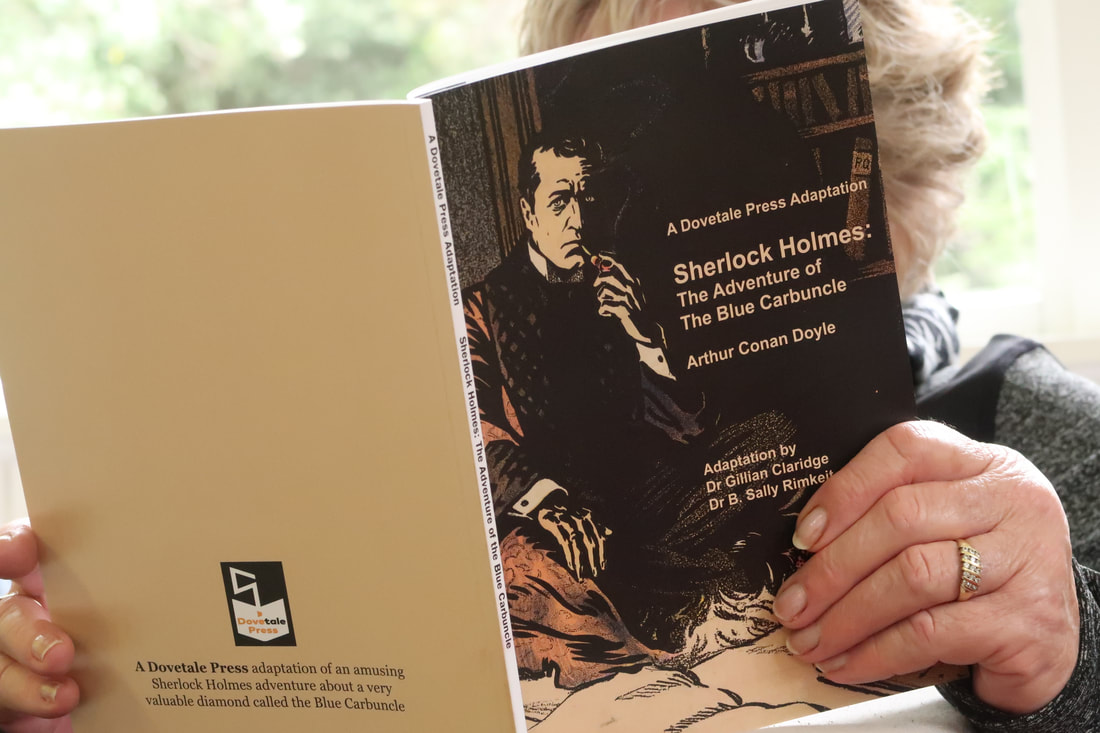
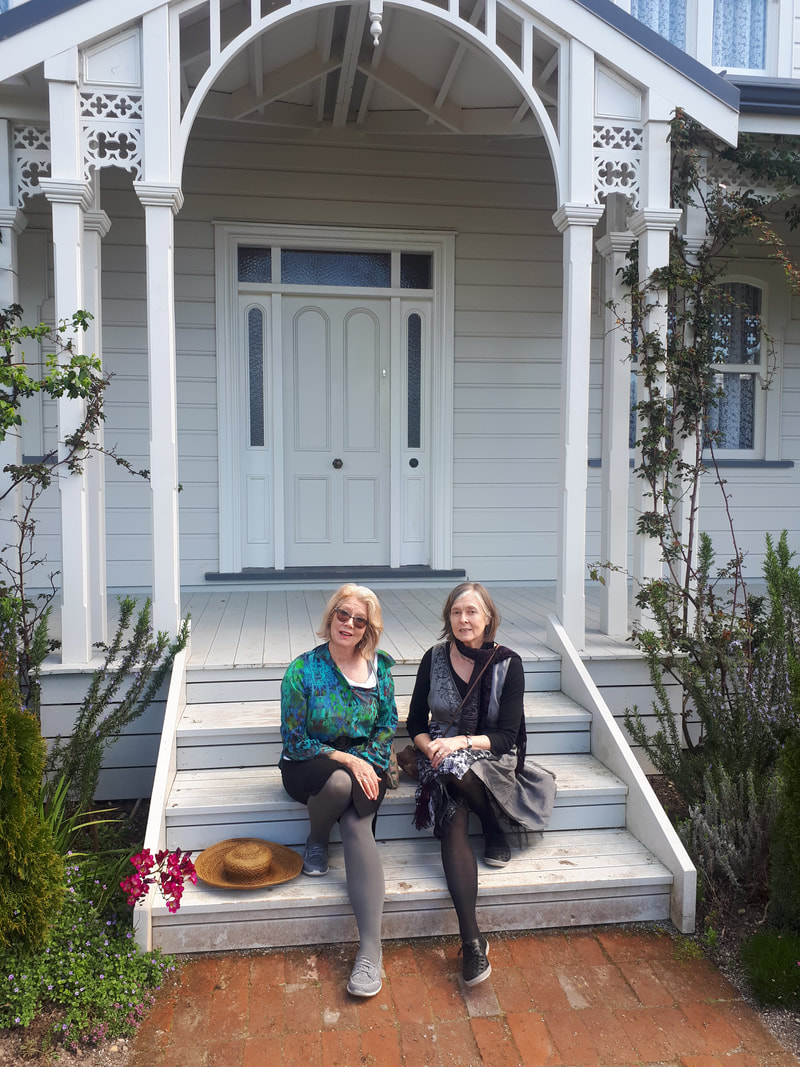




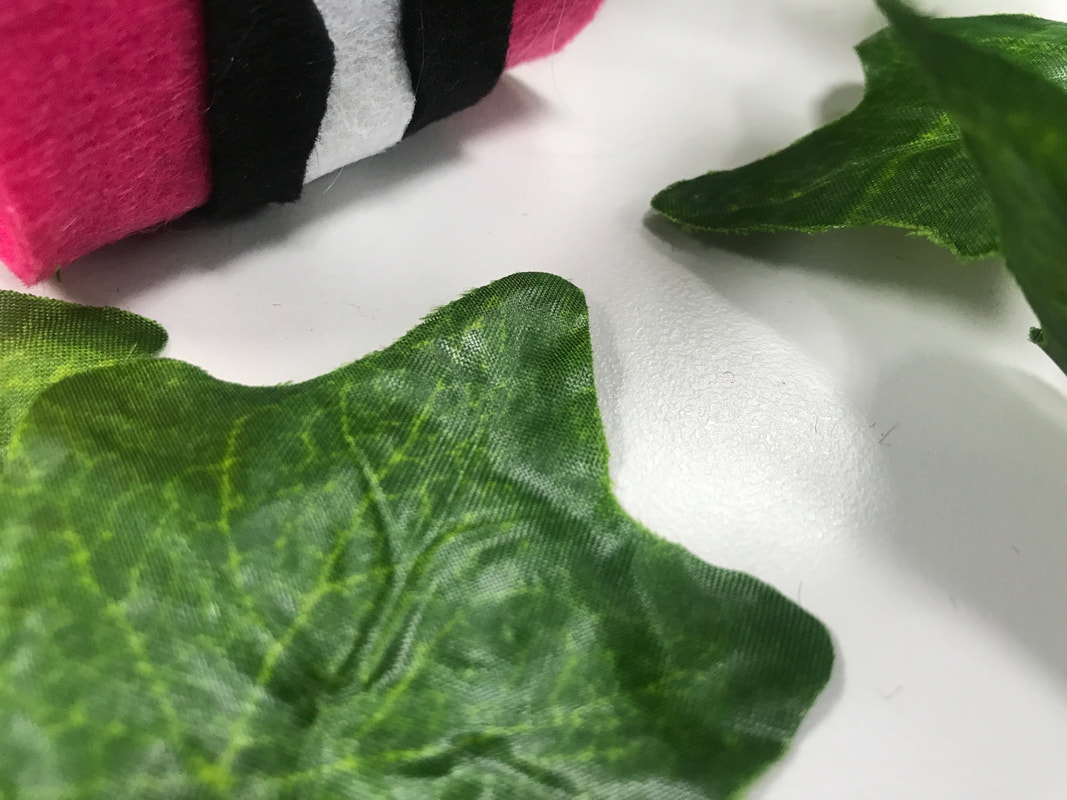
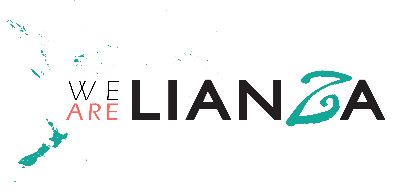

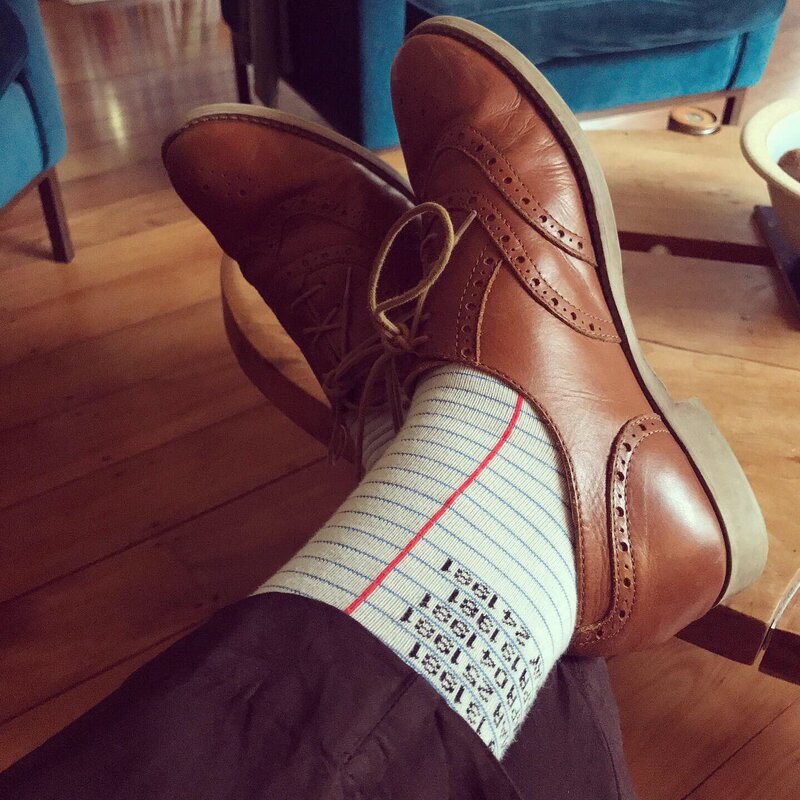
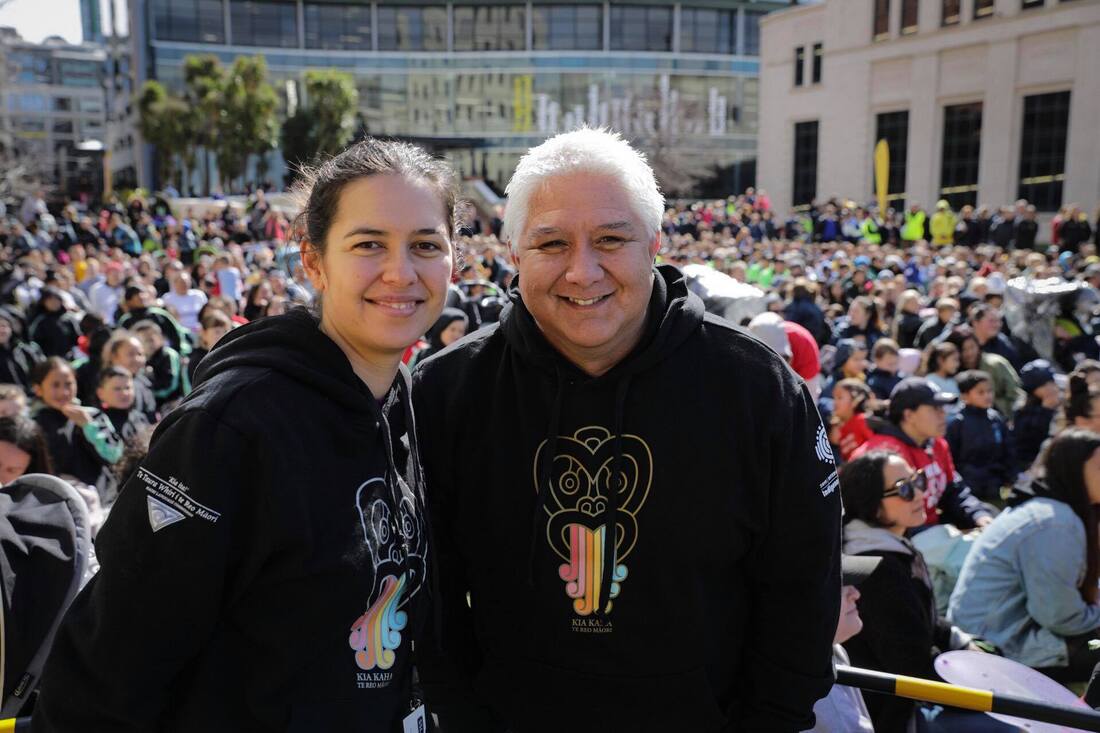

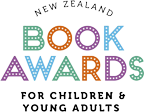

 RSS Feed
RSS Feed